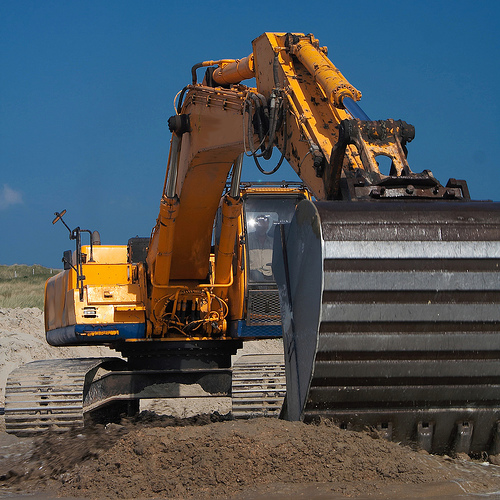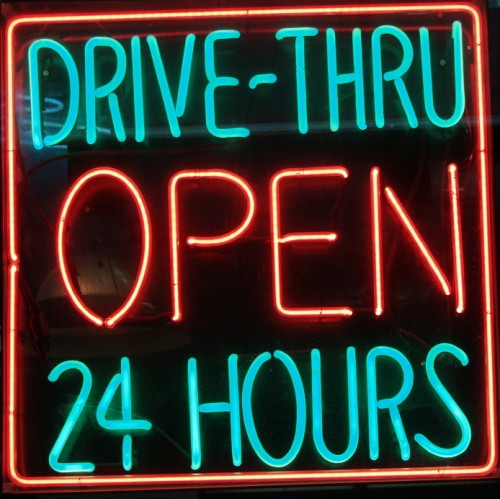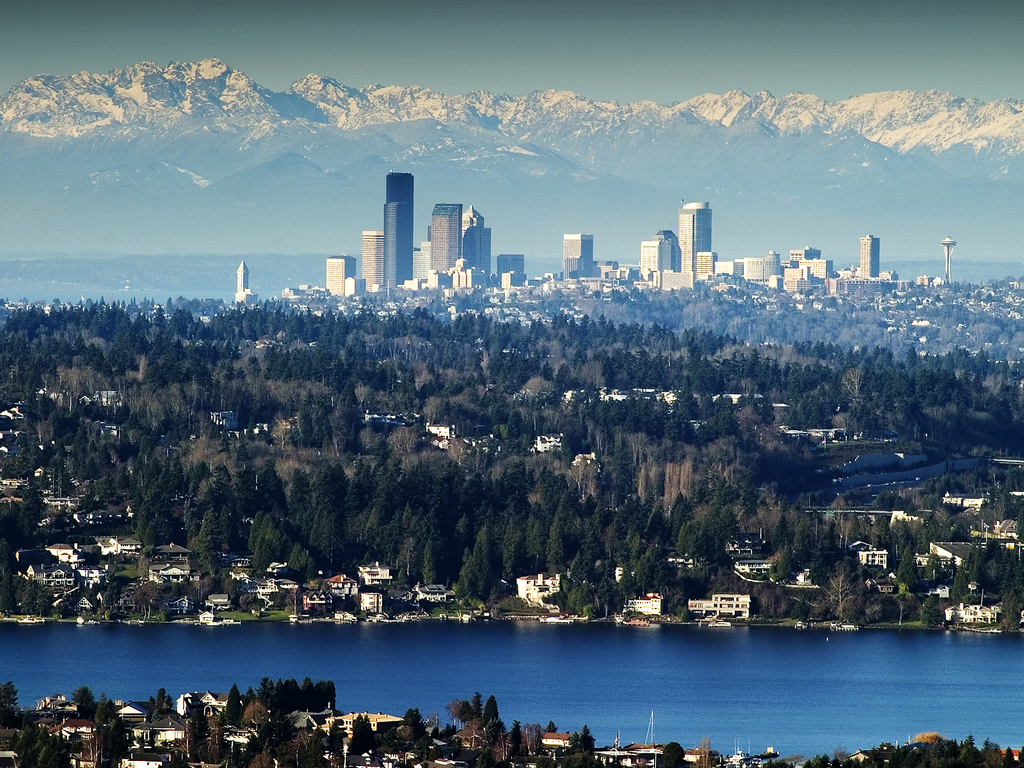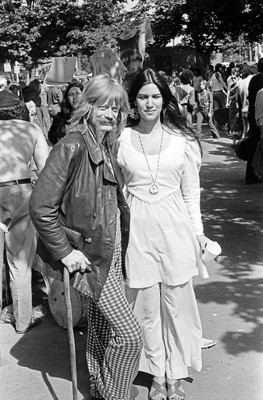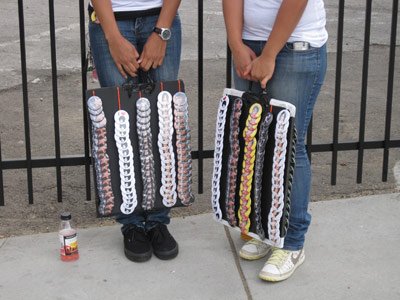Climate Cities
All Stories
-
Alabama city destroying ancient Indian mound for Sam’s Club
City leaders in Oxford, Ala. have approved the destruction of a 1,500-year-old Native American ceremonial mound and are using the dirt as fill for a new Sam’s Club, a retail warehouse store operated by Wal-Mart. A University of Alabama archaeology report commissioned by the city found that the site was historically significant as the largest […]
-
The amazing promise and many challenges of passivhaus construction
I’m in decent shape for 52, but it took everything I had to carry a hefty piece of welded steel plate out of the backyard — and I didn’t place it any too gently on the curb when I got it there. So I was impressed when John from Blue Scrap & Recycling casually flipped […]
-
Love in a time of cataclysm
Wanted: Experienced couples therapist, preferably also with degrees in theology and law, for fractious, passionate pair riddled with apocalyptic anxiety, burdened with love for their children (all of them), acutely conscious of the finitude of time and resources, and fearful that the world has gone mad. Must take insurance. Everyone told us that building a […]
-
Can we really make the drive-thru a source of power?
My father believes that the one modern invention above all others to contribute to the downfall of the planet, not to mention our civilization, is the drive-through — or, in the spirit of efficiency on which it’s based, the drive-thru. Your idling could light this sign!Not only does it encourage laziness and obesity by tempting […]
-
The greenest grocery store, biggest “living wall,” and more eco-innovations
The green-building news is coming so fast and furious it can be hard to delve deeply into each story. So here’s a survey of a few of the shiniest, brand-spankin’-newiest, innovativest projects taking shape: The nation’s greenest green grocer.Fore SolutionsHannaford Supermarket, Augusta, Maine. This grocery store in the Pine Tree State’s unassuming, working-class capital has […]
-
The 15 most sustainable U.S. cities
Seattle is the most sustainable big city in the nation, according to a list compiled by Smarter Cities, an NRDC project that looks at the progress American cities are making toward going green. Not surprisingly, San Francisco and Portland are the runners-up. Using data from the EPA and the U.S. Census Bureau, as well as […]
-
Treasure hunting during building demo
Hippies on the Boston CommonPhoto: Nick DeWolfeOne of the joys of demolition (in addition to anger management) is the hunt for treasure. When pulling apart old walls and closets you just can’t help dreaming about unearthing a cache of old coins or silverware (I’ve found both). Mostly pickings have been slim at the JP Green […]
-
The Informal Economy: Michael Jackson Edition
This article is part of a collaboration with Planetizen, the web’s leading resource for the urban planning, design, and development community. I couldn’t resist. I knew it was going to be a madhouse in downtown L.A. for Michael Jackson’s memorial service, but I had to go see what it was like — not because […]
-
You and me and a billion tiny spores
The older man with the Coke-bottle lenses at the Boston GreenFest had a simple table — just a poster with a few pictures taped to it, and a sprig of something green. He looked grim and earnest, and although all the other booths were more alluring, full of enticing pamphlets about new green nonprofits, I […]
-
Fourth of July musings on symbols, patriotism, and identity
Sketches of ideas for the JP Green House exterior all include banners, signs, and flags at our request. This reflects our plan to unearth the former corner store that used to be housed in the “flatiron” triangular building. It’s also a means of advertising our demonstration project and a good fit with our civic purpose, […]
